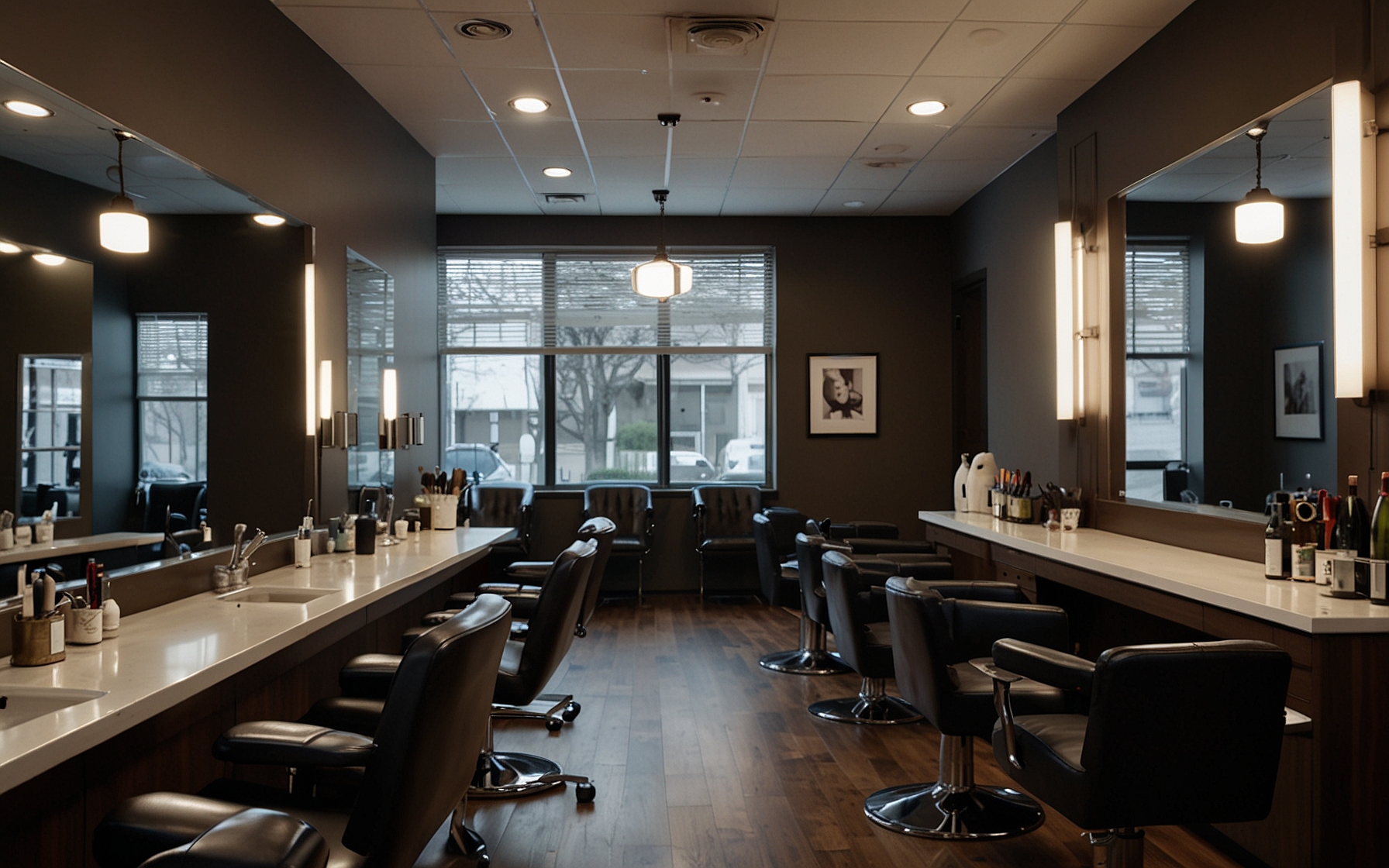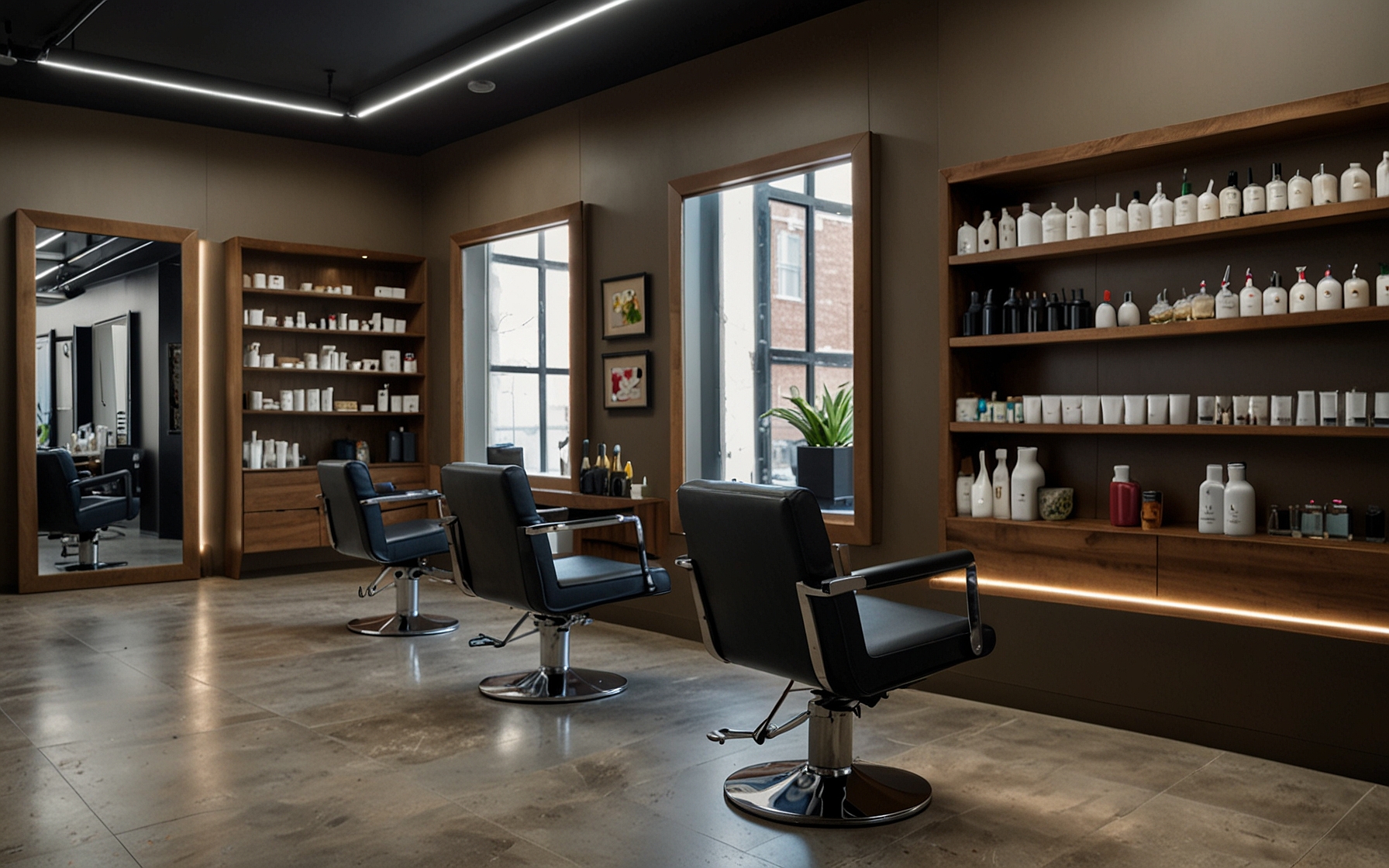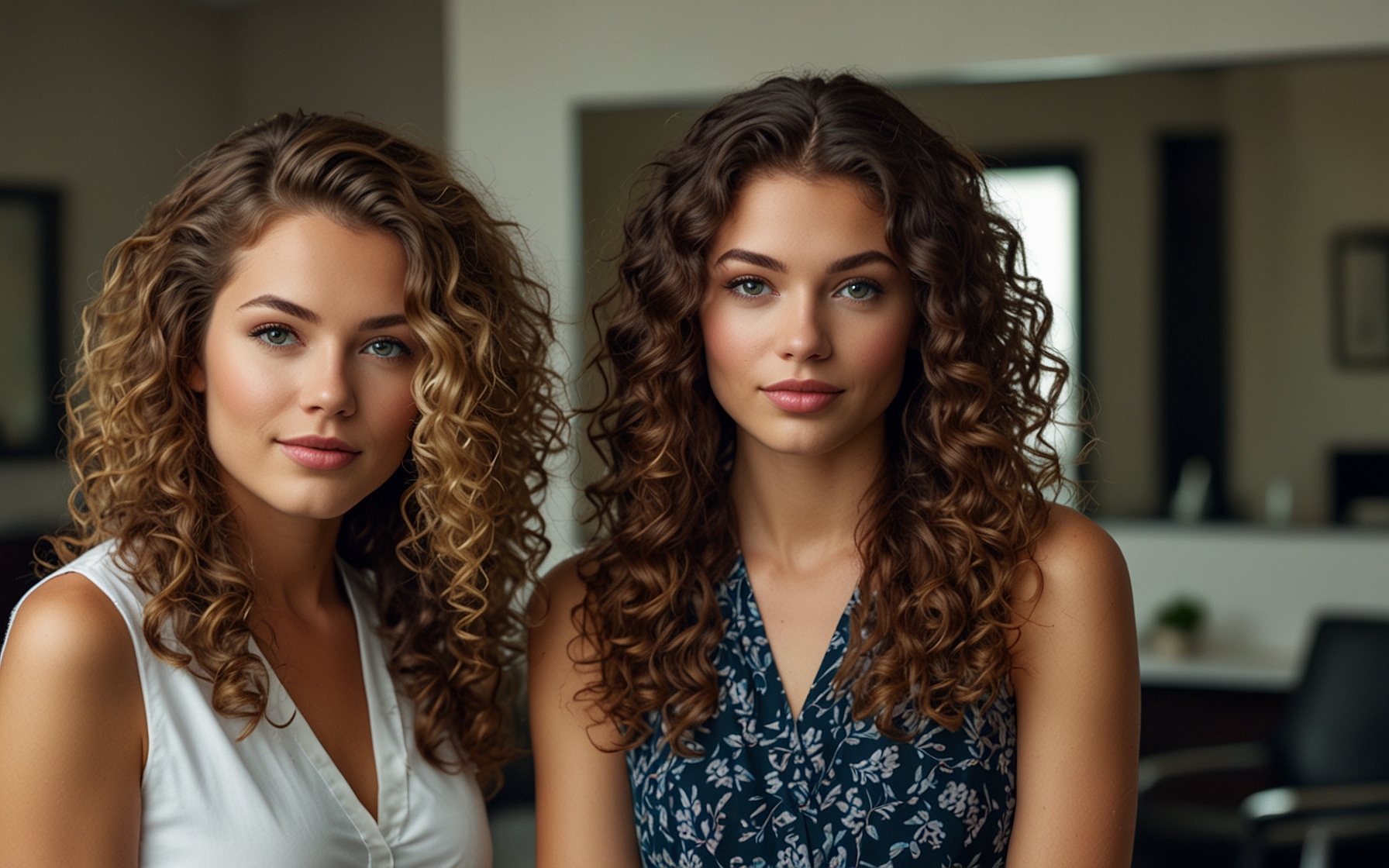Secrets to Optimal Hair Growth Unveiled
Healthy hair is a reflection of overall wellness and good hair care practices. Achieving and maintaining healthy hair growth involves more than just using the right shampoo or conditioner. It requires a holistic approach that includes proper nutrition, hair care routines, and avoiding particular practices that can damage the hair. This comprehensive guide will address the essential dos and don'ts for promoting healthy hair growth.
Maintain a Healthy Diet
A balanced diet rich in vitamins and minerals is essential for healthy hair growth. Foods like eggs, fish, berries, spinach, and sweet potatoes provide the necessary nutrients that strengthen hair follicles and promote growth.
A diet rich in protein is particularly vital as hair is primarily composed of a protein called keratin. Incorporating omega-3 fatty acids from fish and flaxseeds can improve hair density and reduce breakage. Additionally, vitamins such as biotin, vitamin C, and vitamin E play a crucial role in nurturing hair health. Ensuring that you consume a variety of these nutrients will help support the biological processes that underpin strong and vibrant hair.
Establish a Consistent Hair Care Routine
Consistency is key when it comes to hair care. Establishing and sticking to a routine that includes regular shampooing, conditioning, and deep conditioning can significantly improve hair health. It's critical to choose products that are tailored to your hair type and concerns, whether that be dryness, oiliness, or scalp issues.
One effective approach is to incorporate a deep conditioning treatment once a week to replenish moisture and repair any damage. Using a leave-in conditioner can also provide long-lasting hydration and protection throughout the day. Finding and maintaining the right balance of products will set a strong foundation for healthy hair growth.
Protect Your Hair from Heat and Chemical Damage
Excessive heat styling and chemical treatments can severely damage your hair and impede growth. Limiting the use of hot tools and opting for gentler hair coloring techniques like balayage or ombre can help mitigate this damage.
Using a heat protectant spray before any heat styling can shield your hair from high temperatures. Additionally, minimizing the frequency of chemical treatments or spacing them out can give your hair time to recover. Prioritizing these protective measures will go a long way in preserving your hair's health and promoting steady growth.
Avoid Tight Hairstyles
Tight hairstyles such as ponytails, braids, and buns can cause tension on the scalp and lead to breakage or hair loss. Opting for looser styles or varying your hairstyles can help minimize this stress on your hair follicles and reduce the risk of damage.
Traction alopecia, a form of hair loss caused by continuous pulling, can result from consistently tight hairstyles. Therefore, giving your hair regular breaks by wearing it down or in a looser style can help maintain its integrity and promote growth over time. This is especially crucial for individuals with fragile or thin hair types.
Limit the Use of Hair Accessories
Excessive use of metal hair accessories, elastic bands, and clips can damage your hair and scalp. Switching to fabric-covered hair ties and reducing the use of metal accessories can prevent unnecessary breakage and tension.
When selecting hair accessories, opt for those made from gentle materials like silk or satin. Similarly, try to avoid hairstyles that require pinning or clipping in the same place repetitively, as this can lead to localized damage. These small changes can make a considerable difference in protecting your hair from potential harm.
Refrain from Excessive Brushing
Over-brushing can lead to breakage and damage, especially when hair is wet. Being gentle when brushing and limiting the frequency to necessary occasions can preserve hair integrity.
It's important to choose the right type of brush for your hair. Wide-toothed combs are ideal for detangling wet hair, while boar bristle brushes can be used on dry hair to distribute natural oils evenly. Understanding the appropriate tools and techniques can help minimize the risk of hair damage due to brushing, thus promoting healthier growth.
Hair Styling, Cosmetics, and Fashion Trends in Secaucus, NJ
The beauty scene in Secaucus, NJ, has seen a rise in the popularity of organic and natural hair care products. Consumers are becoming more aware of the potential harm from harsh chemicals and are therefore seeking gentler alternatives. Moreover, protective styles like braids and twists continue to be in vogue as they offer a stylish yet low-maintenance option for individuals looking to grow their hair.
Trends such as natural hair textures and sustainable beauty products reflect a broader movement towards healthier and eco-friendly hair care practices. This shift indicates a growing preference for products that not only enhance aesthetics but also contribute positively to hair health in the long run.
DIY Hair Care and At-Home Remedies
DIY hair care has gained popularity for its convenience and effectiveness. Ingredients like aloe vera, coconut oil, and apple cider vinegar are commonly used in homemade hair masks and treatments. These natural options can provide deep nourishment and hydration to support optimal hair growth.
However, caution must be exercised when using DIY treatments. It's essential to conduct a patch test to avoid adverse reactions and to be mindful of the concentration and frequency of these applications. Balancing natural treatments with professional hair care can yield the best results for maintaining healthy hair.
The journey towards healthy hair growth is multifaceted, involving proper diet, consistent hair care, and the avoidance of damaging habits. By focusing on these holistic practices, anyone can achieve and maintain strong, healthy hair that reflects overall wellness.
#HealthyHair #HairCare #HairGrowth #NaturalBeauty #DIYHairCare










